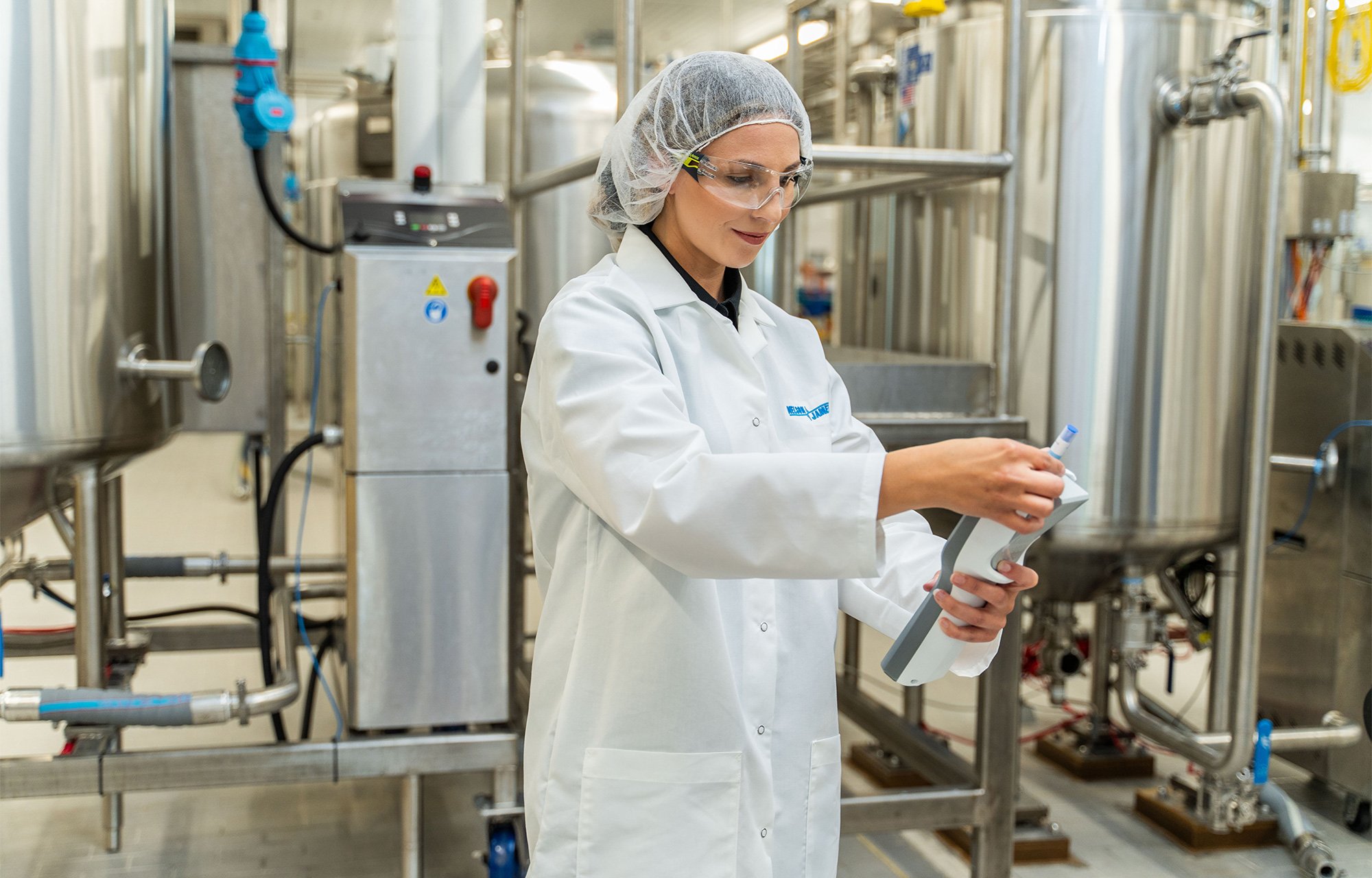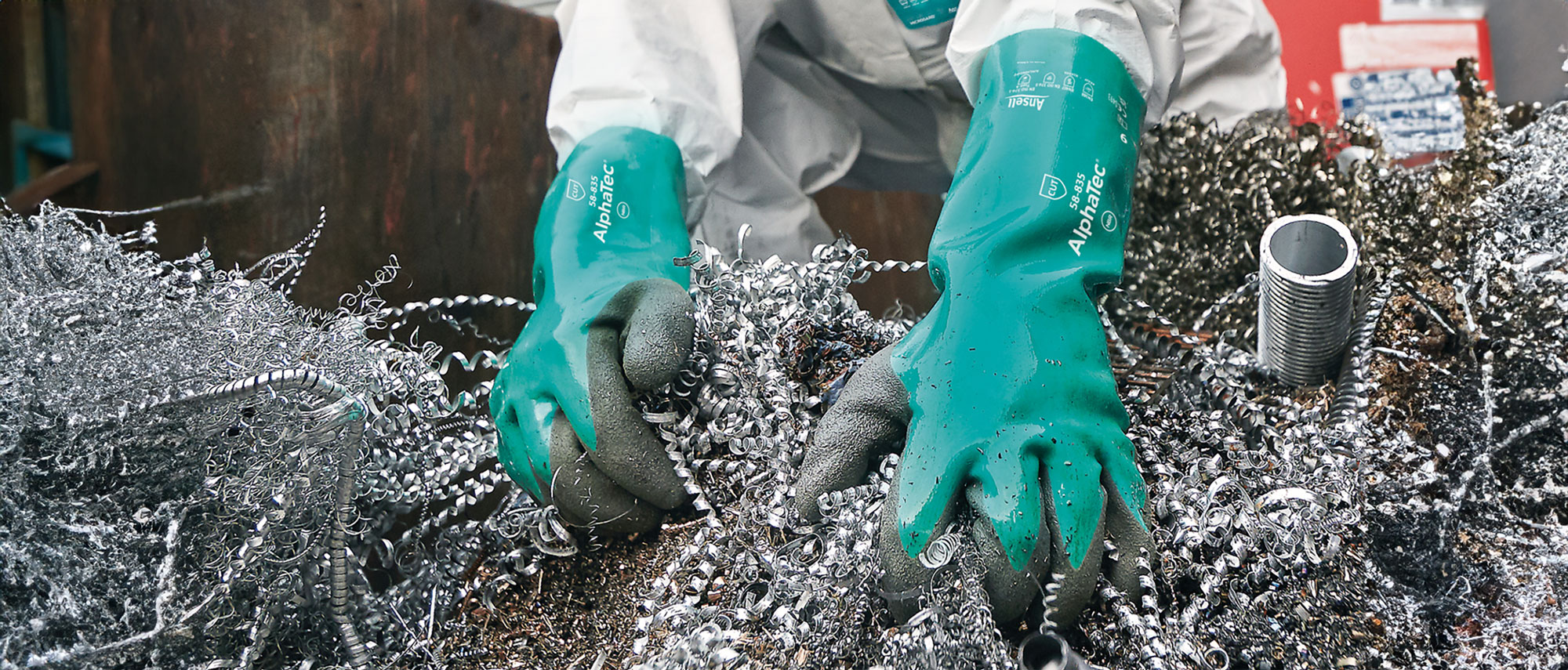
No matter the organization or the initiative within a food manufacturing plant, sustainability can and should be felt.
Having recently joined the sustainability conversation at the Dairy Sustainability Alliance fall meeting, Nelson-Jameson kept the discussion going by hosting team members from Alfa Laval for a webinar exploring how food manufacturers can build sustainable growth strategies. The panel of experts, each bringing a unique perspective, offered their insights into the meaning of sustainability, its practical applications, and the leadership driving this important shift in the food manufacturing space.
Ester Codina, President at Alfa Laval North America, began the conversation by emphasizing that, at its core, sustainability is about maintaining something for the long term. For Alfa Laval, with more than 140 years in the industry, sustainability is deeply ingrained and goes beyond environmental concerns to encompass resilience, efficiency, health and safety, and ethical business conduct.
Mat Bartkowiak, Vice President of Corporate Responsibility and Development at Nelson-Jameson, echoed this, highlighting that sustainability is now in the DNA of everyday business. He stressed the importance of targeted, incremental, but meaningful change, focusing on mitigating risk and positively impacting environmental, social, and governance concerns.
“The aim [of the Nelson-Jameson ESG report] is really to think holistically about our business throughout the entirety of environmental, social and governance concerns. And thinking about this as a way to mitigate risk, while also responsibly and profitably operating to make a positive impact.” - Mat Bartkowiak, Nelson-Jameson
Sheldon Young, Sustainability Solution Specialist at Alfa Laval, underscored that sustainability is more than a "feel-good story." It's about impact and efficiency, summarized by his formula: sustainability equals outputs over inputs. By changing one or both, manufacturers can move towards a more sustainable outcome.
The panel emphasized that strong leadership is crucial for driving sustainability initiatives. Young noted that leaders must make decisions that support their commitment to sustainability, understanding its potential as a strategic advantage with a positive ROI. This involves setting the tone, communicating goals, and choosing the right partners who also share a deep understanding of sustainability.
Codina highlighted Alfa Laval's dual approach: their responsibility as a corporate citizen and the significant business opportunity in helping customers operate more effectively and efficiently. She stressed the importance of "walking the talk" and continuously improving their own sustainability practices while enduring any possible setbacks.
“Whatever we’re emitting at the end of the day, we have the responsibility to leave a better world. … This is about ‘how do we make our operation sustainable for the future for the next 142 years,’ it's about source, efficiency, and circularity of our economy." - Ester Codina, Alfa Laval
Sustainability on paper is a plan. However, organizations must bring those plans into reality to fully realize the benefits of sustainability. Here are four key areas that were discussed where food manufacturers can implement sustainability practices:
Energy Efficiency: Energy efficiency involves more than just switching to electric power. It's about optimizing processes, utilizing high-efficiency heat transfer, and exploring alternatives to energy-intensive equipment like dryers through dewatering and evaporation.
Water Management: With water stress becoming a global concern, reducing water demand and reusing treated water should be a priority through things such as optimizing cleaning-in-place processes.
Circular Economy: The panel defined the circular economy as focusing on process efficiency, extending product lifespan through service and reconditioning, and reusing and recycling resources. This includes capturing waste and utilizing it in other parts of the operation.
Sustainable Energy: Looking toward the future, finite energy sources must be replaced. Alfa Laval is involved in technologies like green hydrogen production, CO2 capture and reuse, and long-term energy storage solutions. The panel also highlighted an "energy hunters" initiative to help customers identify and reduce energy waste.
Here were some of the key takeaways that the panel shared with viewers:
Food Safety is Foundational: There is an intrinsic link between sustainability and public health, with food safety being a core component of sustainability efforts.
Sustainability Drives Efficiency and ROI: By understanding the full picture of impacts, investments in sustainability can lead to significant financial returns through reduced resource consumption and waste.
Transparency Builds Trust: Transparency is essential for building trust with partners and customers, underscoring Alfa Laval's commitment to open communication about their sustainability progress.
Invest in Your Supply Chain: Investing in sustainable practices within the supply chain now prevents costs later and fosters a more resilient and responsible industry. Open communication and collaboration with suppliers to drive progress is crucial.
“It's about incremental steps. Not everyone's going to be at this end of the spectrum, but we meet them where they are. We come at them with a positive mindset and with shared values, and then we help them move it just a little bit farther down the road.” Sheldon Young, Alfa Laval
Nelson-Jameson is fully committed to sustainability. Learn more about what we do in our 2024 Corporate Responsibility Report.



February 11, 2026
There is a critical link between worker safety and food safety, and nowhere is this more apparent than w...

February 3, 2026
Ensuring the safety and quality of dairy products requires a robust framework combining rigorous testing...

January 12, 2026
Gloves can force a choice between comfort and protection. But compliance, efficiency in usage, and worke...